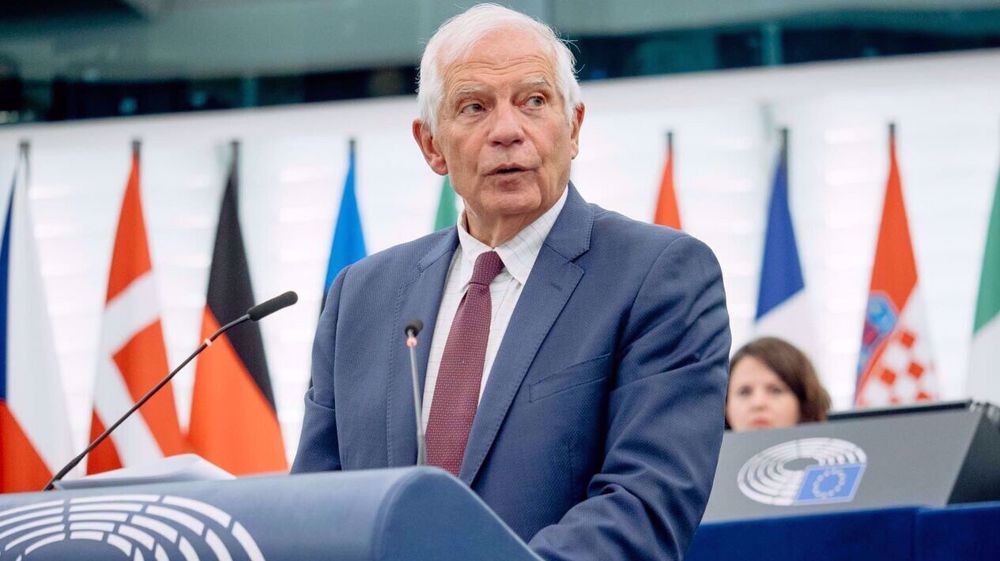Euro drops as Greece rejects bailout talks with lenders
The European currency, the euro, has fallen against other major currencies as the row between Greece and its international lenders intensifies over the country’s bailout plan.
The Friday plunge of the euro came as financially-troubled Greece declined to meet with its international creditors and refused to accept new loans while the eurozone demonstrated a weaker inflation.
Greece’s new Finance Minister Yanis Varoufakis announced that, despite the warnings that the country would imminently run out of cash, his anti-austerity government would rather carry on without the instant new funds, and instead renegotiate the entire bailout package.
“This government was elected on the basis of analytically questioning the very logic of the program now being applied,” said Varoufakis, referring to the budget cuts and the financial reforms demanded by Athens’s top international creditors, namely the European Union (EU), the European Central Bank and the International Monetary Fund (IMF).
This is while the three creditors have pledged to offer Greece an additional 7.2 billion euros in funds if Athens completed the reforms required by its lenders by February 28.
“Our first act as government will not be to reject the logic of questioning this program by requesting to extend it,” added the Greek finance minister.
Meanwhile, at a tense press briefing with Eurogroup President Jeroen Dijsselbloem, Varoufakis further emphasized that Athens was ready to negotiate with its top lenders but not with their auditors, who he described as a “committee built on rotten foundations.”
Dijsselbloem, for his part, warned Athens against ignoring its international bailout deals reached under the former Greek government.
The development comes as Greek Prime Minister Alexis Tsipras, whose Syriza party won the recent general elections, has pledged to resist the harsh austerity measures imposed by the international lenders.
Meanwhile, Tsipras is due to visit Brussels next week to revise the conditions of Greece’s bailout deal.
Under a bailout deal with its top three lenders, the debt-ridden Greece has received 240 billion euros ($270 billion) in rescue loans. Without the loans Greece would struggle to service its debts and avoid bankruptcy.
MFB/HJL/HRB
Related Stories:
'Greece will no longer work with troika' Fri Jan 30, 2015
Israeli war machine claims more civilian lives across Gaza
US Senate passes multibillion-dollar aid package for Israel amid Gaza war
VIDEO | Taliban press ahead with war on drugs
VIDEO | UK govt. Rwanda bill denounced as 'state-sponsored people trafficking'
VIDEO | Iran president visits Lahore, Pakistan’s cultural hub
North Korea: US military drills drive regional security into turmoil
UN agency chief for Palestinians urges probe into staff killings
200 days of Israeli war on Gaza and 200 headlines whitewashing genocide










 This makes it easy to access the Press TV website
This makes it easy to access the Press TV website